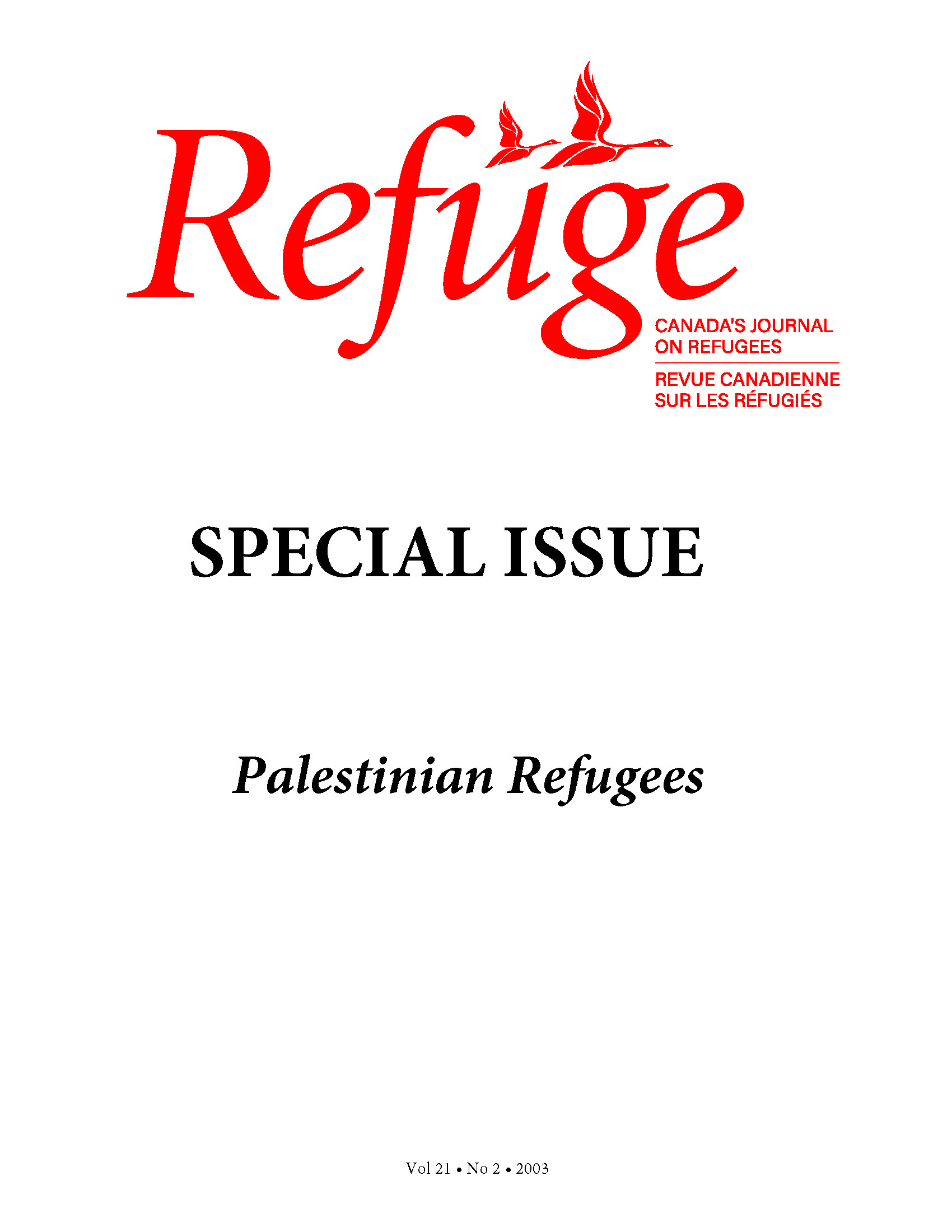Diaspora of Islamic Cultures: Continuity and Change
DOI:
https://doi.org/10.25071/1920-7336.21295Keywords:
diaspora, identity, forced migration, religion, gender, family relationsAbstract
This paper, drawing upon an ongoing research project funded by Canada’s Social Sciences and Humanities Research Council (SSHRC) and the Ford Foundation, introduces the main ideas and themes that inform the study of changing gender and family relations among four displaced communities of Islamic cultures (Iranian, Afghan, Palestinian, and Pakistani). For members of each group, three sets of “circumstances” are analyzed – an individual’s experience in the home and host country, together with an examination of socio-economic conditions and policies in the host. In addition to these social and economic factors, in particular, it will focus on the ways in which social class, gender, and religious commitments affect an individual’s experience when they move. It is argued that gender significantly impacts new migrants’ experience and how they feel about their “home” country. One of our main hypotheses is that under pressures of a rapid, often difficult, social and cultural transformation, changing gender dynamics in the new country can lead to a new understanding among partners – or, alternatively, to heightened tension, with severely damaging effects, particularly for women and children. Culturally, when family understandings collapse, this process may be accompanied by an effort to find religious justification for gender inequality. Then, a connection can be seen between difficulties in the new country, the efforts of conservative men to reclaim the dominance they once enjoyed in their countries of origin, and give it a religious justification. Hence, the revival, in the diaspora, of conservative Islamic practice and belief.Metrics
Downloads
Published
How to Cite
Issue
Section
License
Copyright (c) 2003 Haideh Moghissi

This work is licensed under a Creative Commons Attribution-NonCommercial 4.0 International License.
Refuge authors retain the copyright over their work, and license it to the general public under the Creative Commons Attribution-Non Commercial License International (CC BY-NC 4.0). This license allows for non-commercial use, reproduction and adaption of the material in any medium or format, with proper attribution. For general information on Creative Commons licences, visit the Creative Commons site. For the CC BY-NC 4.0 license, review the human readable summary.







